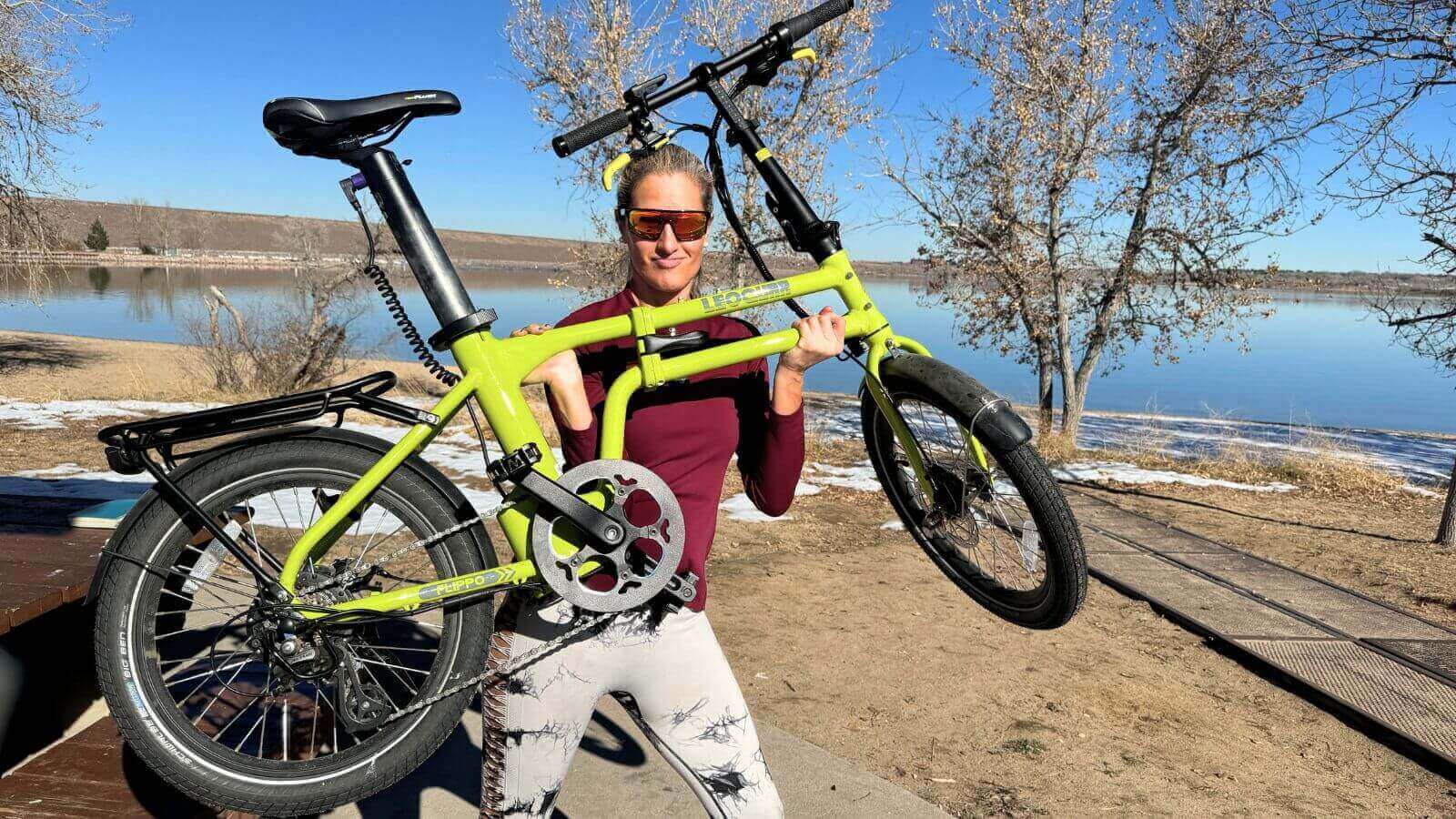
Hitch Installation Cost Near Me: What It Really Costs & How to Choose Wisely
What to Know About Trailer Hitch Installations Near Me
When you type "trailer hitch installations near me" into a search bar, you're looking for more than just a pin on a map. You need clear answers about cost, the right equipment for your vehicle, and someone you can trust to do the job safely. This guide will give you that clarity. We'll walk you through everything you need to know to move from searching to towing with confidence.
The trailer hitch installation cost can range from as little as $150 for a DIY project to over $1000 at a dealership. The big difference comes down to the parts you choose, your vehicle's design, and who you pay for the labor. This article will break down those costs, help you understand your specific needs, and compare your local installation options. You can make the best choice for your budget and peace of mind. For those looking to tow trailers, campers, or cargo carriers, it's important to have a clear idea of the tow hitch installation cost before committing to an installer.
Here's what we'll cover:
- Detailed cost breakdowns by installer type.
- How to determine your vehicle's towing needs.
- The pros and cons of different local installers.
- What to expect on the day of your installation.
The Real Hitch Installation Cost Near You: What You Need to Know
The most pressing question for most people is about the total cost. The price combines two main things: the hitch itself (parts) and the time it takes to install it (labor). Understanding how these factors change based on who you hire is the key to setting a realistic budget.
Hitch Installation Cost by Installer Type
We've broken down the estimated costs you can expect from the most common types of installers. This will give you a clear picture of what to budget.
| 🛠️ Installer Type | 💰 Hitch Part Cost | 🕒 Labor Cost | 🧾 Total Cost | 👍 Best For |
|---|---|---|---|---|
| 👤 DIY | $150–$400 | $0 | $150–$400 | Skilled car owners |
| 🏪 U-Haul / National Chains | $200–$500 | $100–$200 | $300–$700 | Fast, accessible, warranty |
| 🧰 Local Mechanic | $200–$500 | $150–$400 | $350–$900 | Lower labor cost, personal trust |
| 🚗 Dealership | $400–$800+ | $250–$500+ | $650–$1300+ | OEM parts, warranty-safe |
Note: These are general estimates. Many customers worry whether a quoted trailer hitch installation cost is fair. One practical tip: ask for an itemized quote that separates labor, parts, and wiring harness fees. This helps you compare apples to apples when calling multiple providers. You can even search “hitch installation price near me” in Google Maps and use the reviews to see if other customers mention being overcharged or surprised by hidden fees. Prices for parts and labor vary significantly based on the factors below. For the most accurate rates, it's a good idea to search for trailer hitch installation cost near me and compare offers from local shops or national providers in your area.
What Affects Your Hitch Installation Cost the Most
Your final invoice will be determined by a few critical variables. In particular, the hitch fitting cost can vary depending on whether your vehicle requires drilling, bumper removal, or fascia modification. According to recent industry estimates from sources like Move.org, these are the primary cost drivers. For example, U-Haul's installation services can range from $100 to $600 for parts and labor. Dealership installations can easily exceed $1000.
- Hitch Class and Type: A simple Class I or II hitch for a bike rack is far less expensive than a heavy-duty Class IV or specialized gooseneck hitch. The more steel and complexity, the higher the part cost and the longer the installation.
- Vehicle Make and Model: This is a major factor. Many modern trucks and SUVs are "hitch-ready," with pre-drilled holes in the frame, making for a quick, bolt-on installation. Other vehicles, especially sedans or unibody SUVs, may require drilling into the frame, temporarily removing the bumper, or cutting fascia. All of these add significant labor time and cost.
- Wiring Harness Installation: A hitch is only half the equation if you plan to tow a trailer. You also need to power the trailer's lights. Installing a wiring harness is often quoted as a separate line item. A simple 4-pin connector is relatively straightforward, but a 7-pin system that controls electric trailer brakes is a more involved and expensive job.
- Geographic Location: Labor rates for skilled mechanics vary by city and state. An hour of labor in a major metropolitan area will almost always cost more than in a rural town. This directly impacts the final installation price. That’s why many drivers search for “hitch installation price near me” to get accurate quotes based on their location.

Before You Install: How to Match the Right Hitch to Your Vehicle
Before you can choose an installer or even a hitch, you must understand what your vehicle can safely handle. Buying the wrong equipment is not only a waste of money but is also extremely dangerous. One of the most common concerns we hear is: "How do I even know if my vehicle can handle a hitch?" Not all vehicles are built equally, and even among the same model, trims can vary in frame strength, bumper clearance, and wiring access. If you’re unsure, some shops offer a free pre-installation assessment to evaluate your hitch fitting cost and technical feasibility. Before searching “hitch installation cost near me,” it’s worth calling ahead to ask if such a check is available—it could save you from a failed install or unnecessary parts. Taking a few minutes to find this information is the most important step in the entire process.
Check Vehicle Towing Capacity
The single most important number you need to know is your vehicle's towing capacity. This is the maximum weight your vehicle is engineered to pull safely, as determined by the manufacturer. Exceeding this limit can lead to catastrophic failure of your vehicle's transmission, brakes, suspension, and frame.
You can find your vehicle's specific towing capacity in several places:
- The Owner's Manual: This is the most reliable source. Look in the index under "Towing."
- Driver's Side Door Jamb Sticker: A sticker inside the driver's door often lists various weight ratings. This includes the Gross Combined Weight Rating (GCWR), from which you can deduce towing capacity.
- Manufacturer's Website: You can often find towing guides for your specific model year on the manufacturer's official site.
The trailer hitch you install must have a weight rating that is equal to or greater than what you plan to tow. However, you should never tow more than your vehicle's maximum capacity, regardless of how heavy-duty your hitch is.
A Quick Guide to Hitch Classes
Trailer hitches are categorized into five classes based on the weight they can handle. As leading manufacturers like CURT explain, choosing the right class is essential for safety.
- Class I (Light-Duty): Typically rated for up to 2,000 lbs. These are found on cars and small crossovers and are primarily used for bike racks and small cargo carriers.
- Class II (Regular-Duty): Rated for up to 3,500 lbs. Common on larger cars, minivans, and small SUVs, they can handle small utility trailers or pop-up campers.
- Class III (Heavy-Duty): This is the most common class, rated up to 8,000 lbs. Standard on full-size SUVs and pickup trucks, they are versatile enough for most travel trailers and mid-sized boats.
- Class IV & V (Super-Duty): Rated from 10,000 lbs to over 20,000 lbs. These are for heavy-duty and commercial trucks pulling large fifth-wheel RVs, horse trailers, and heavy equipment.
Don’t Skip the Wiring: 4-Pin vs 7-Pin Explained
If you're towing anything with lights, you need a wiring harness. This connects your vehicle's electrical system to the trailer. There are two main types:
- 4-Pin Connector: This is the basic standard. It provides power for running lights, left and right turn signals, and brake lights.
- 7-Pin Connector: This is found on trailers equipped with their own electric brakes. It includes the four functions of a 4-pin connector plus circuits for trailer brakes, a 12-volt power source, and reverse lights.
How to Find the Best Trailer Hitch Installations Near Me
Now that you know what you need, it's time to find the right professional. Your search for "trailer hitch installations near me" will generally lead you to three main types of providers. Each has distinct advantages and disadvantages.
Option 1: National Chains
Companies like U-Haul are often the first stop for many people. They specialize in towing and have a streamlined process for outfitting vehicles with hitches.
- Pros: Widespread availability with locations in nearly every city. They offer standardized, transparent pricing, online booking, and often have the most common parts in stock for immediate installation. Many also offer a lifetime warranty on their installation work.
- Cons: While they handle thousands of common installations, they may lack deep, specialized knowledge for unique or high-end vehicles. Wait times can be long during peak seasons.
Hitch Installation at Costco: Is It Worth It?
While Costco itself doesn't perform hitch installations directly, some members find value through third-party services offered via Costco’s automotive program. You may be able to purchase hitch installation gift cards or schedule installations through authorized vendors. If you're a member, it's worth exploring this option when comparing hitch installation cost alternatives.
Option 2: Local Independent Shops
Your trusted local mechanic or a specialized auto performance shop can be an excellent choice. They are the backbone of the automotive service industry.
- Pros: Labor rates can be more competitive than at a dealership. Building a relationship with a local mechanic you trust is invaluable for all your vehicle's needs. They often have a high level of general mechanical skill applicable to any task.
- Cons: Experience with trailer hitches can vary greatly from one shop to another. They will likely need to order the specific hitch and wiring for your vehicle, which can add a few days to the process. You'll need to vet their experience specifically with hitch installations.
Option 3: The Vehicle Dealership
Going back to the dealer where you bought the car is always an option. This is especially true for newer vehicles still under warranty.
- Pros: They are the undisputed experts on your specific make and model. They use OEM (Original Equipment Manufacturer) parts, which are designed to fit perfectly and integrate seamlessly. Using the dealer ensures that no vehicle warranties will be voided.
- Cons: This is almost always the most expensive option. In our experience, while dealerships offer peace of mind with OEM parts, the cost can be nearly double that of a reputable independent shop for the same job.
How to Choose the Right Installer for You
If you're stuck choosing between a dealership, a national chain like U-Haul, or a local mechanic, here's a practical framework:
- Go dealership if your vehicle is still under warranty or you want guaranteed OEM compatibility.
- Go national chain if you need quick, convenient service with standard pricing.
- Go local shop if you want personalized service and possibly better labor rates—but be sure they’ve done hitch installs before.
Still unsure? Search for “tow hitch installation cost near me” and call 2–3 providers with the same questions—you'll quickly spot which ones are transparent and helpful.
The Installation Day: What to Expect From Local Hitch Installers
Dropping your vehicle off for any kind of work can feel uncertain. A professional installation shop will follow a clear process to ensure the job is done right. Here's a step-by-step look at what you should expect.
Step-by-Step: Hitch Installation Process
1️⃣ Drop-Off & Quote Review
📝 Confirm hitch type, quote, wiring before leaving vehicle.
2️⃣ Lift & Install
🔧 Hitch is bolted or drilled based on vehicle frame.
3️⃣ Wire & Secure
🔌 Wiring harness connected, routed away from hot parts.
4️⃣ Final Check
✅ Technician tests all lights and torque specs.
5️⃣ Walk-Through
👀 You inspect install, ask questions, confirm functionality.
The Drop-Off and Confirmation
When you arrive, the service advisor should walk you through the work order. This is your chance to confirm everything: the exact hitch class and brand being installed, the type of wiring harness (4-pin or 7-pin), the final quoted price (including parts, labor, and taxes), and the estimated completion time. Do not leave your keys until you are clear on these details.
The Work Begins
The core of the work involves lifting the vehicle on a professional hoist for access to the undercarriage. A skilled technician will then prepare the mounting points on your vehicle's frame. For a bolt-on installation, this is straightforward. If drilling is required, they will carefully measure and drill the necessary holes, treating the new holes with paint to prevent future rust. They will then lift the hitch into place and secure it, torquing every bolt to the manufacturer's precise specifications. Finally, they will route the wiring harness, securing it away from any hot exhaust components or moving suspension parts.
In rare cases, installers may discover that your undercarriage is rusted, modified, or blocked by aftermarket parts. This could increase labor time or require custom brackets. Knowing this up front allows you to budget some flexibility in your hitch installation cost, especially if your vehicle is over 10 years old or has had frame work done.
The Quality Check
This step separates the amateurs from the professionals. A good installer doesn't just bolt on the parts; they verify their work. They will double-check that all bolts are torqued correctly. They will then use a circuit tester to plug into the newly installed wiring connector and ensure every function—running lights, brakes, and turn signals—works exactly as it should.
The Pick-Up and Walk-Through
When you return to pick up your vehicle, the job isn't done until you've had a walk-through. The installer should show you the finished work, pointing out the hitch and where the wiring connector is located. They should demonstrate that the lights are working and provide you with any keys for locking hitch pins. This is your opportunity to ask any final questions before you pay the bill and drive away, ready for your first tow.
Smart Decisions on Hitch Installation Cost Near You
Ultimately, your hitch installation cost will depend on your vehicle, your towing goals, and who you trust to get the job done right. Whether you're researching DIY options or comparing quotes for “hitch installation cost near me,” make sure you weigh more than just price—consider safety, wiring compatibility, and long-term performance.
Need help deciding? Use this guide to compare installer types, understand the hidden costs, and confidently choose the setup that’s right for your budget.
Ready to take the next step? Start by checking your vehicle’s towing capacity and get a quote from at least two local shops. A smart hitch decision starts with being informed—and now, you are.
At Leoguar Ebikes, we’ve helped thousands of riders choose the right hitch setup for their lifestyle—whether it’s hauling gear, bikes, or trailers. Our team has reviewed dozens of installation options across price ranges, vehicle types, and usage needs. We know firsthand how confusing pricing can be and how critical it is to choose the right installer.
That’s why this guide is built not just from research, but from real-world experience. If you're comparing hitch installation cost near you, make sure you're not just looking at price—but also reliability, safety, and fit. It's what makes the difference between a one-time tow and a long-term towing setup that lasts.
Frequently Asked Questions
1. How long does a trailer hitch installation usually take?
A typical trailer hitch installation takes 1-3 hours depending on your vehicle and the type of hitch. Bolt-on installations for hitch-ready vehicles are usually completed in about an hour. More complex installations requiring drilling or bumper removal can take 2-3 hours or longer.
2. Can I install a trailer hitch myself to save money?
Yes, if you have mechanical experience and the right tools, you can install a hitch yourself. However, this is only recommended for bolt-on installations on hitch-ready vehicles. If your installation requires drilling into the frame or complex wiring, it's safer to hire a professional.
3. Will installing a trailer hitch void my vehicle's warranty?
Installing a trailer hitch typically won't void your entire vehicle warranty, but it could affect coverage for related components if not installed properly. Using your dealership for installation with OEM parts is the safest way to preserve all warranty coverage.
4. What's the difference between a 4-pin and 7-pin wiring connector?
A 4-pin connector handles basic trailer lighting: running lights, brake lights, and turn signals. A 7-pin connector includes those functions plus electric trailer brakes, auxiliary power, and reverse lights. Choose based on what your trailer requires.
5. How do I know what class hitch I need for my vehicle?
Your hitch class should match your towing needs but never exceed your vehicle's towing capacity. Check your owner's manual for your vehicle's maximum towing capacity, then choose a hitch class rated for the weight you plan to tow. When in doubt, consult with a professional installer.
6. How can I be sure I’m not overpaying for hitch installation?
Get at least two quotes—ideally one from a national chain and another from a trusted local mechanic. Ask for itemized costs, including parts, labor, and wiring. Search for “hitch installation cost near me” on Google Maps and read reviews that mention price transparency. Knowing what’s fair before you commit is the key to avoiding surprises.
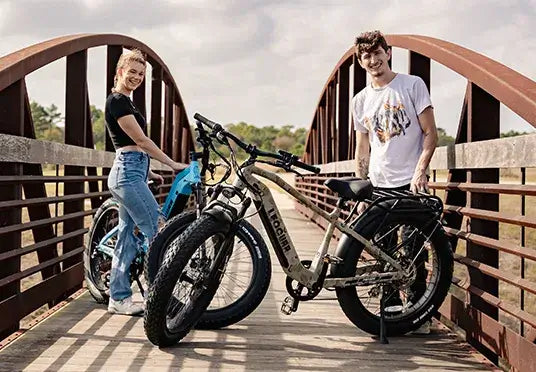
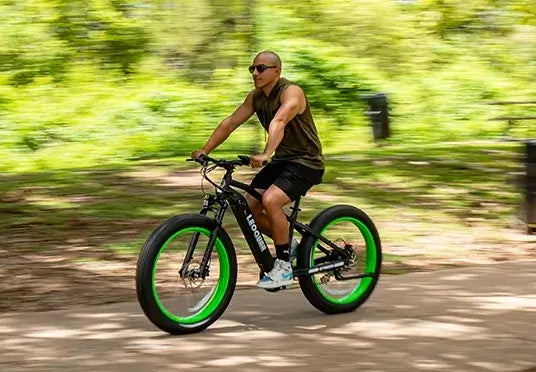
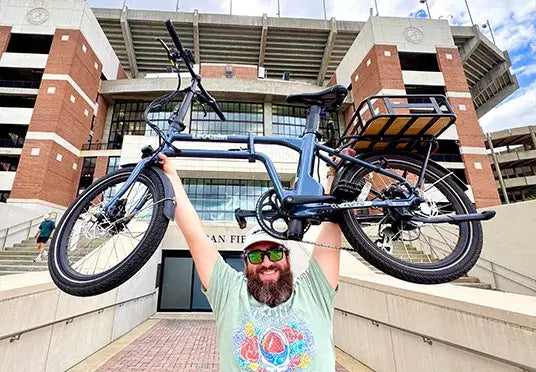
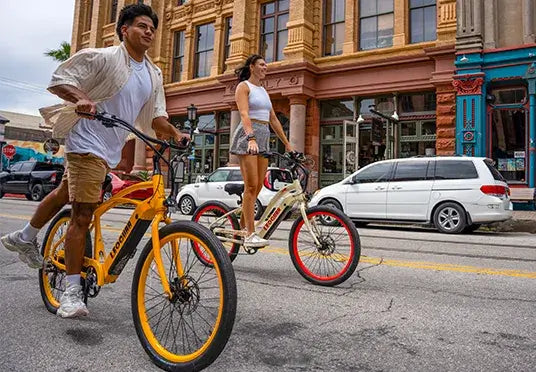
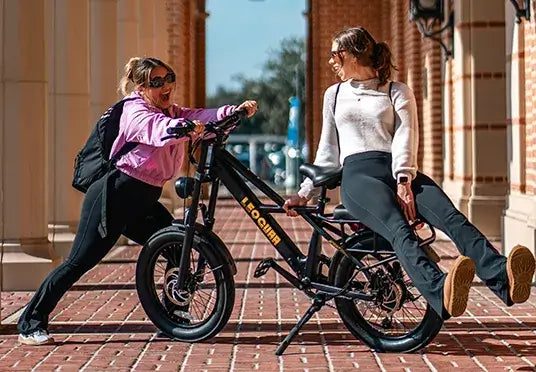
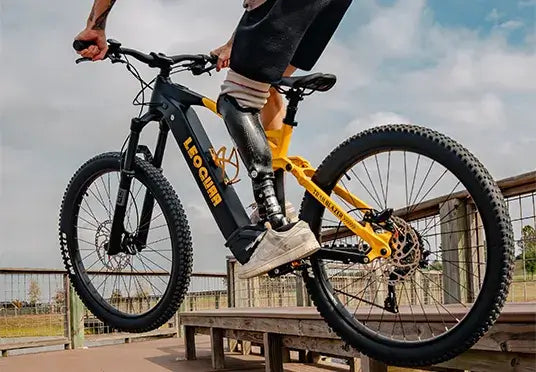


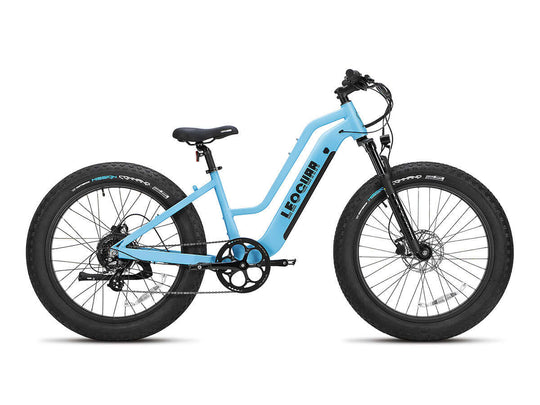

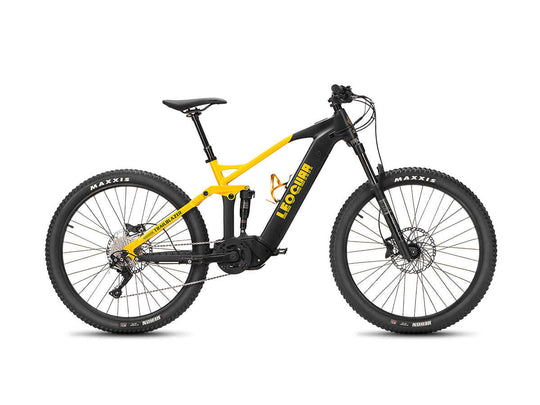


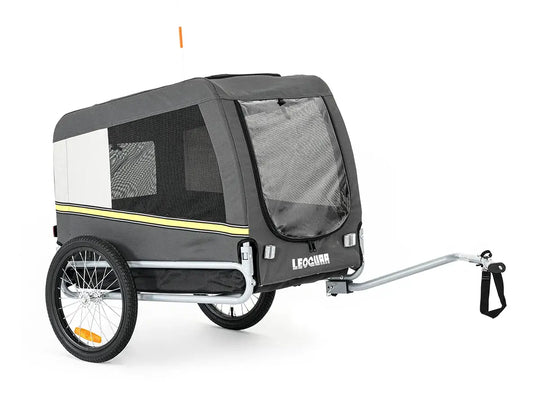
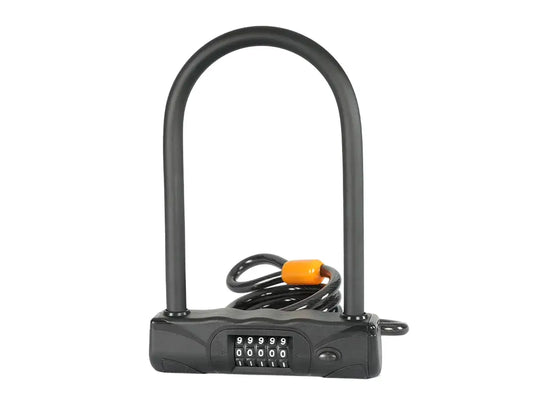
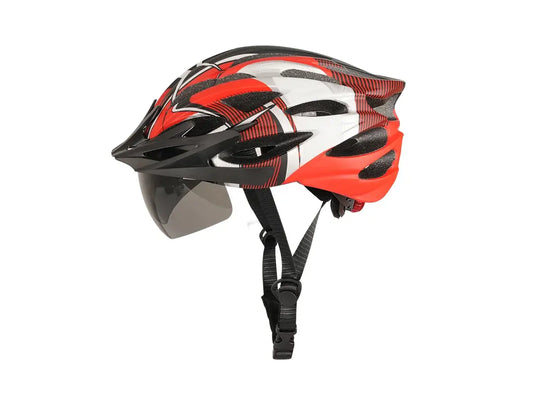
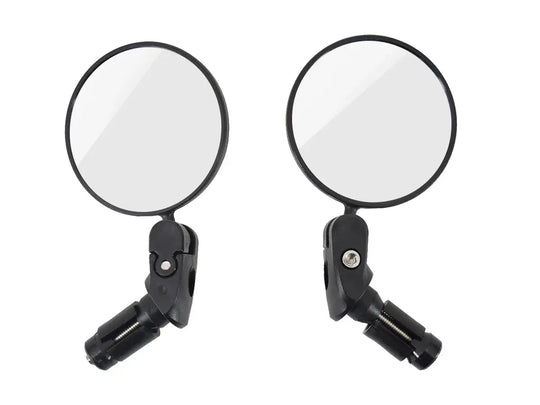
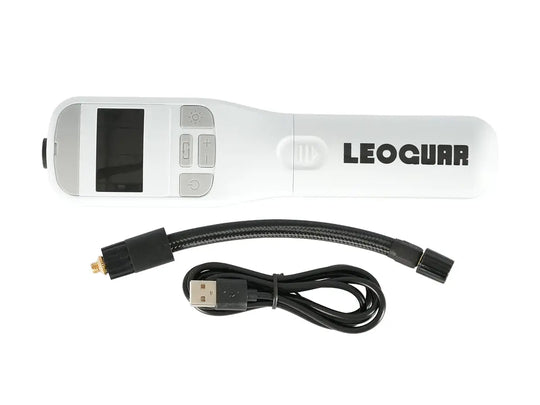
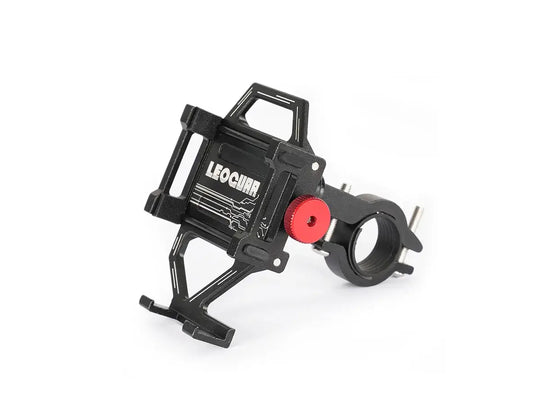
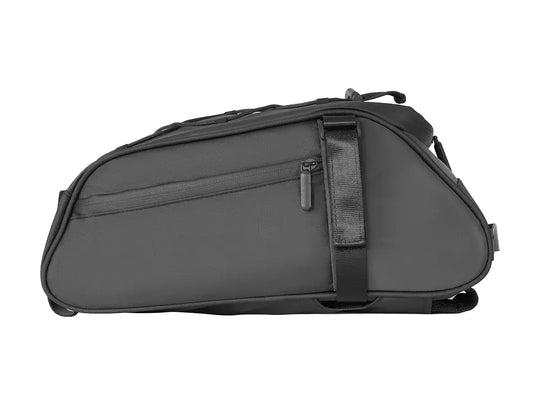
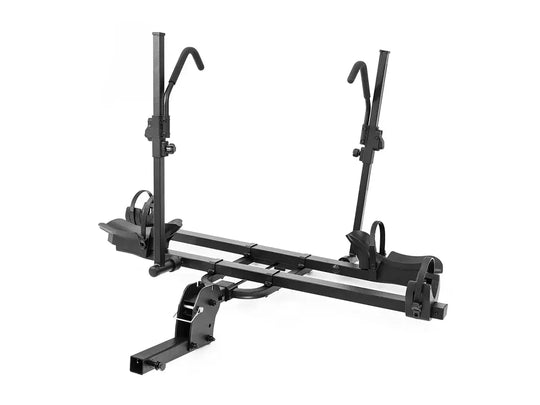
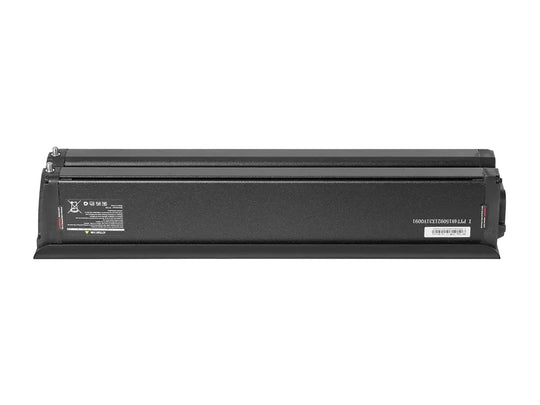
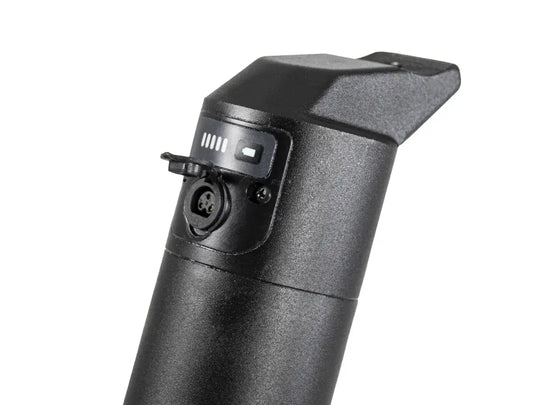
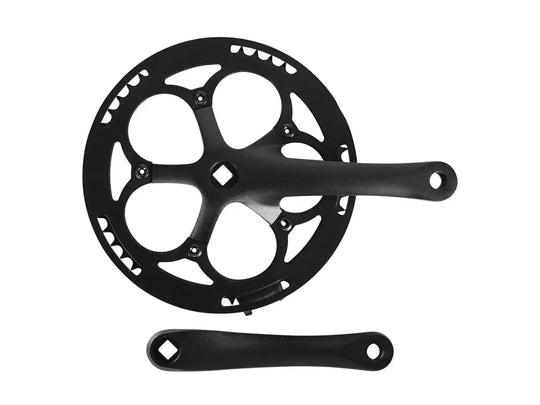
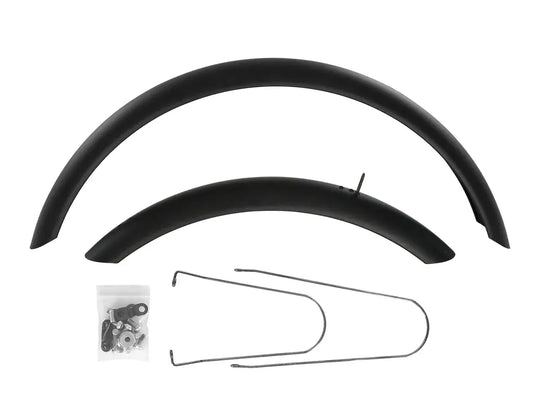
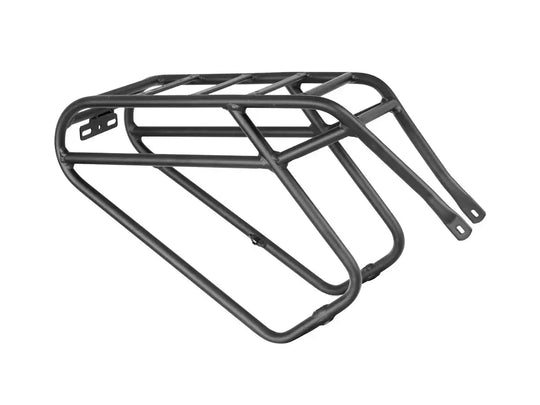
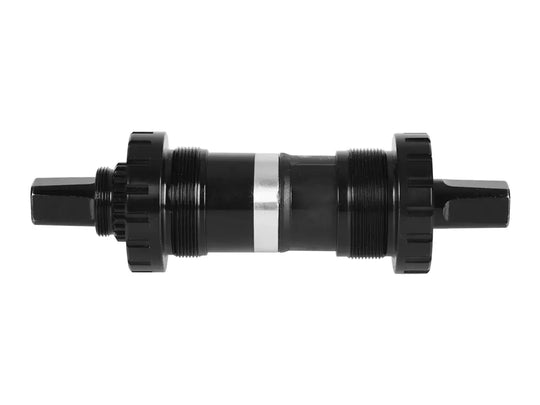
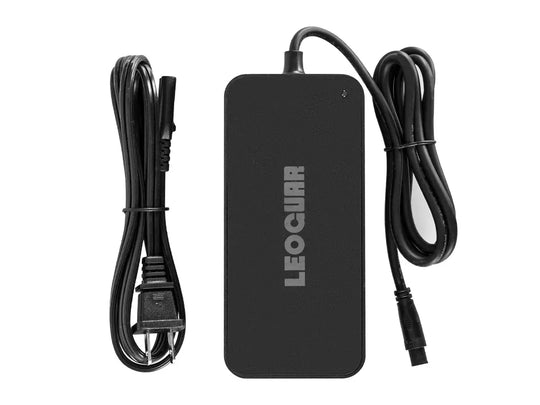
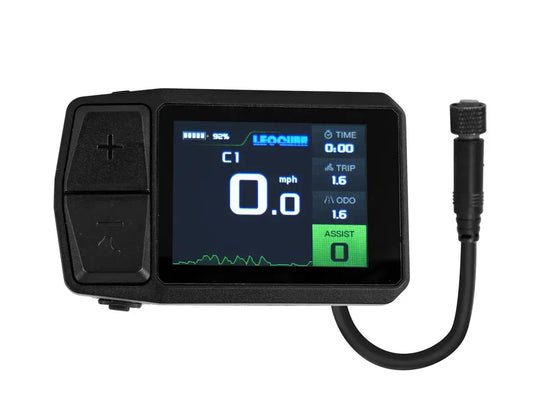








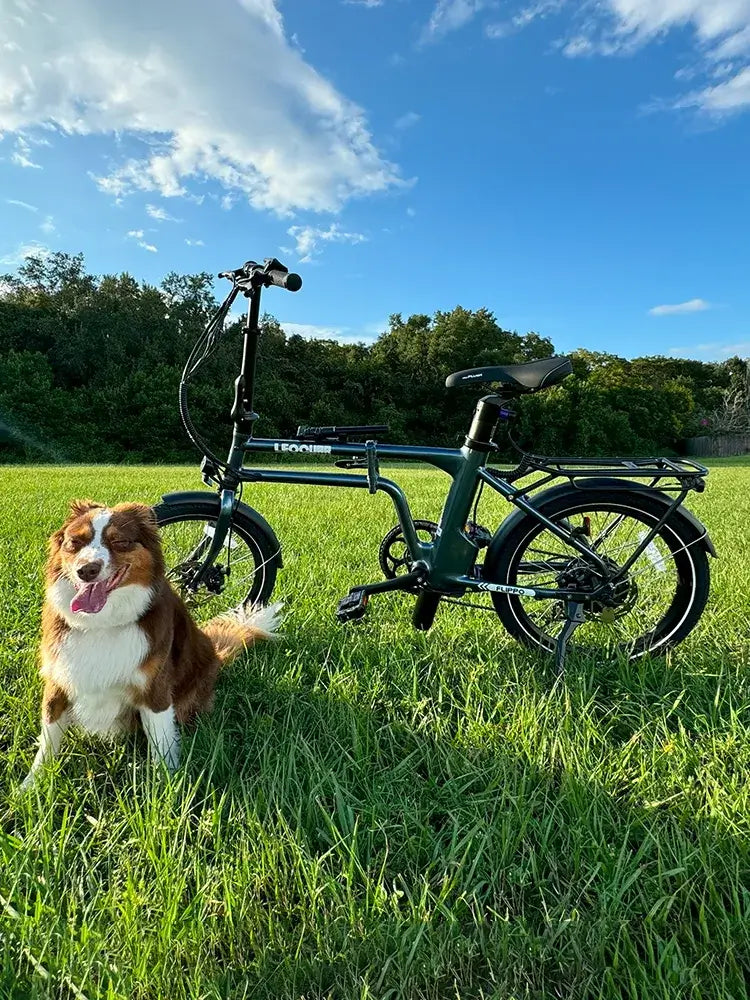








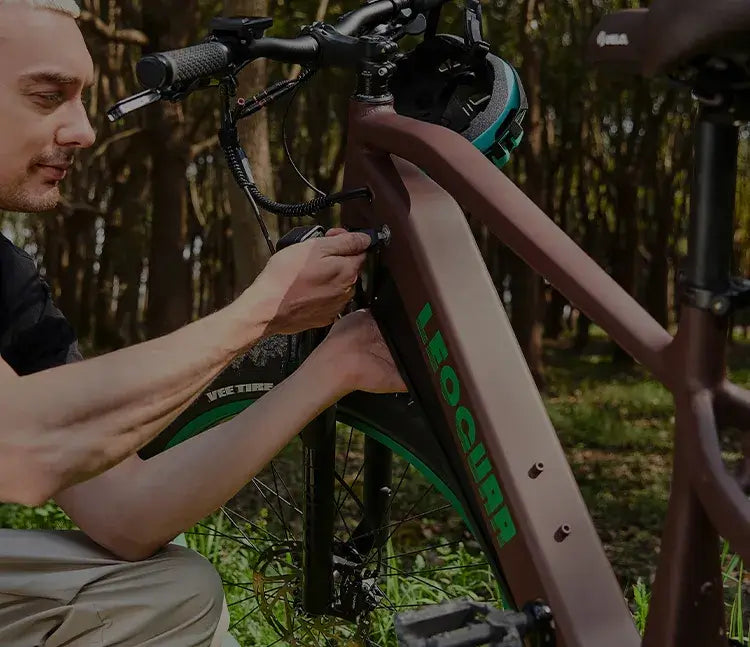
Leave a comment